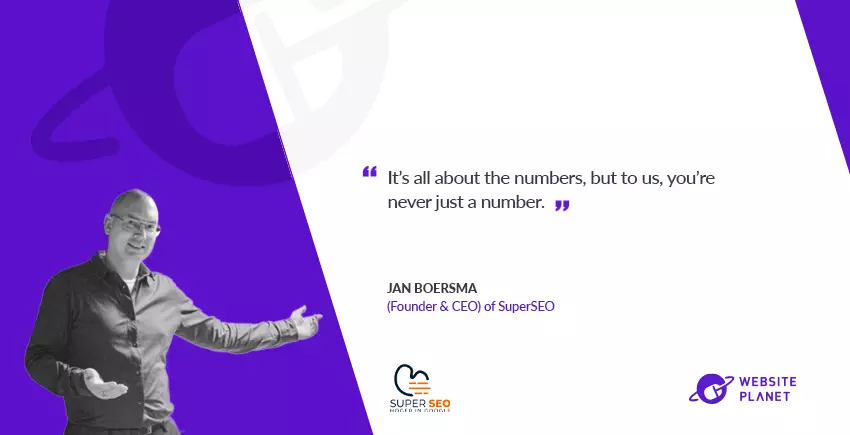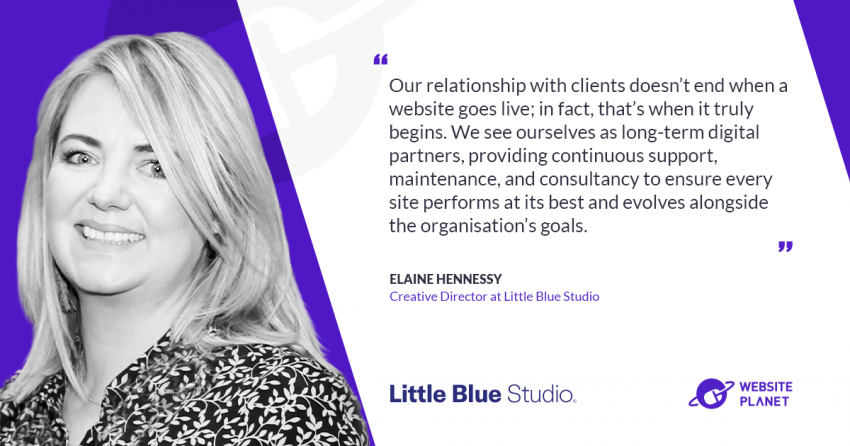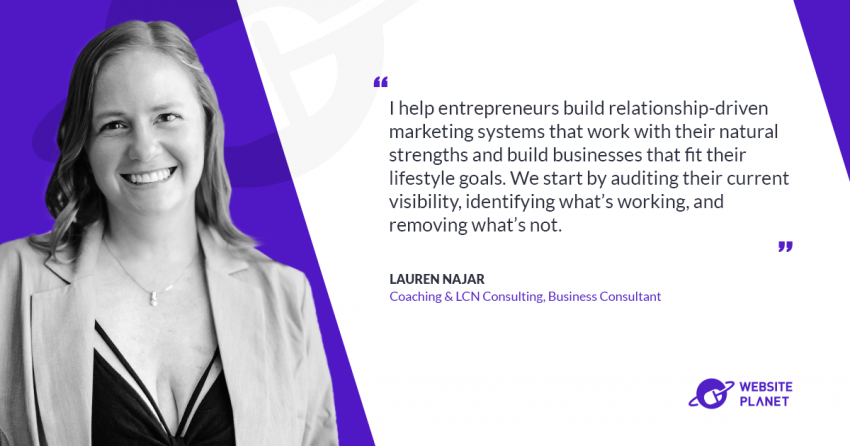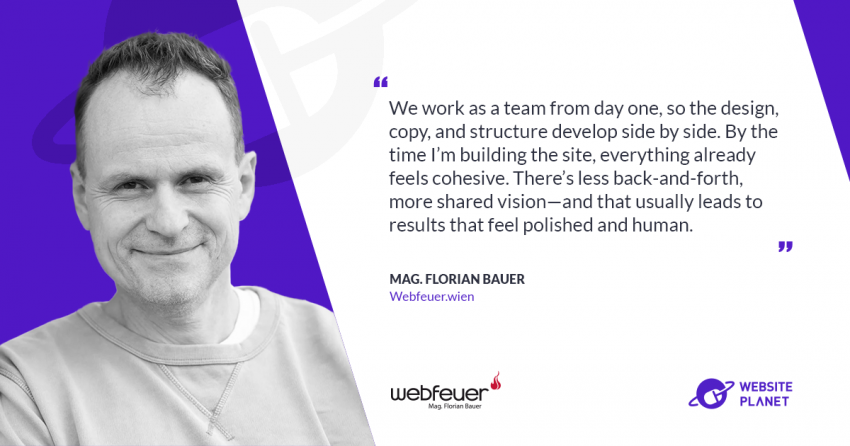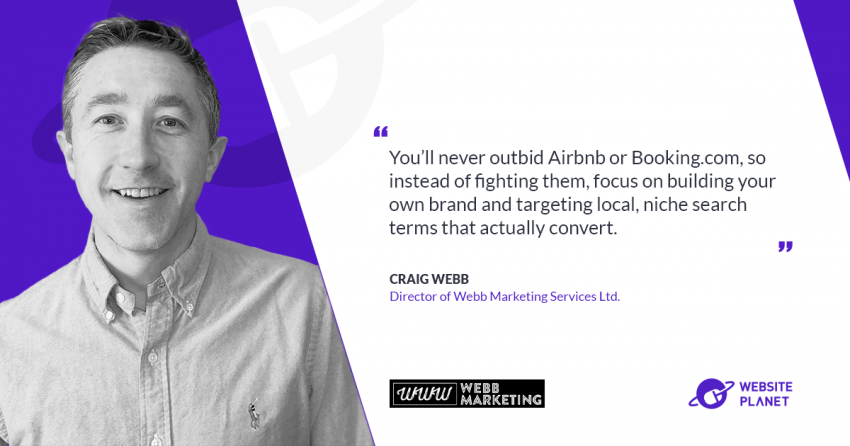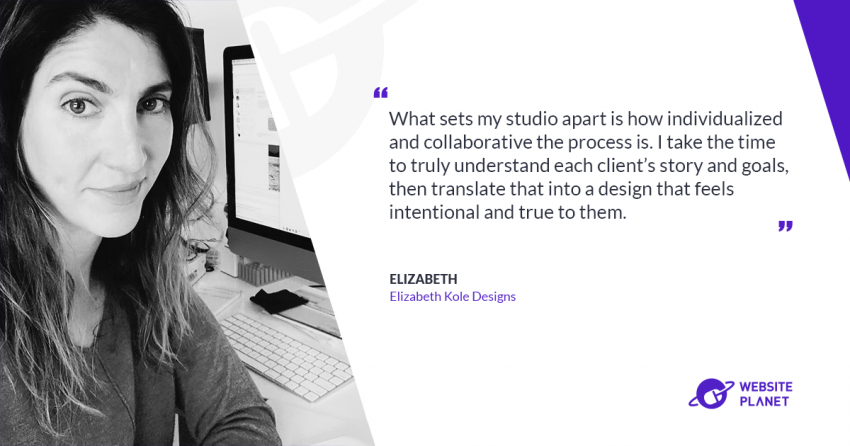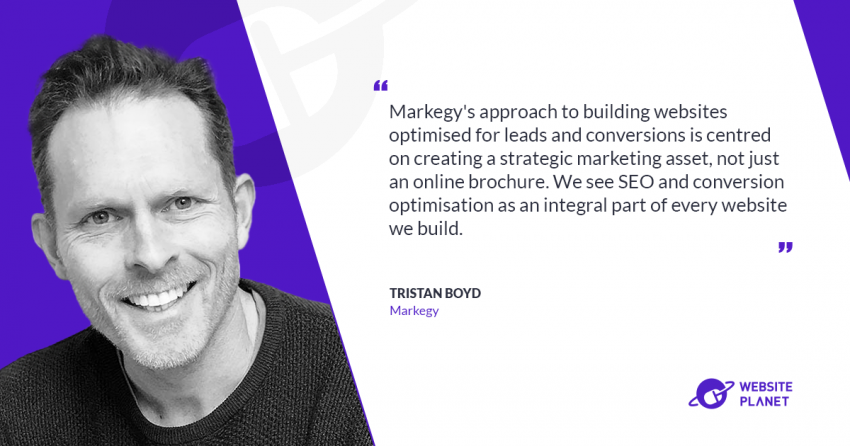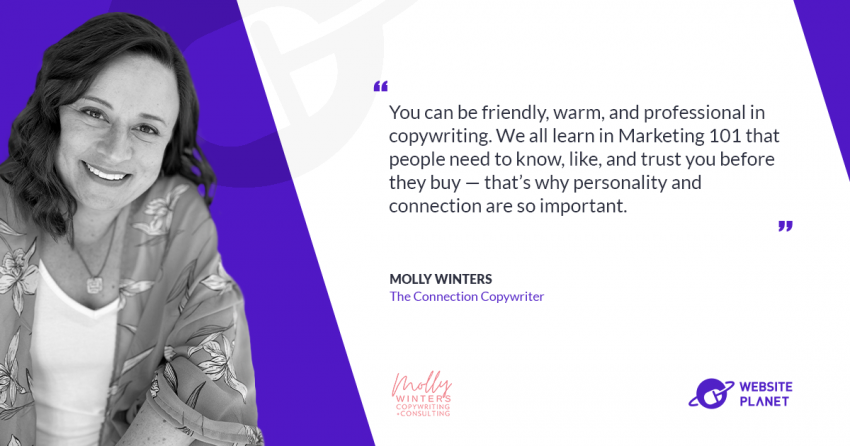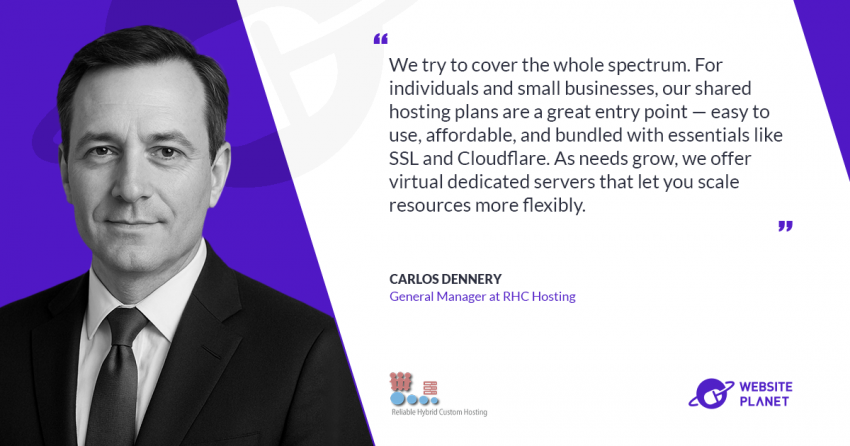In this interview series by Website Planet, I talk to digital business leaders, who share their untold truths, tips, stories and insights on what it really takes to build a successful online business. A deep dive into decades of hands-on experience that will immediately help you build and grow your online presence.
Jan Boersma is the Founder and CEO of SuperSEO, a digital marketing agency specializing in SEO and content marketing for B2B and SaaS. He has been active in the online marketing field since 2008.
What specific gaps in your industry sparked the idea for your company? Can you share that story with us?
Back in 2008, a friend and I launched an online store. Like most startups, we struggled to gain traction. Our product was solid, but no one knew it existed. This was a different time for the internet—no social media buzz or viral content to lean on like today. I quickly realized we needed more than just a great product; we needed visibility.
So, I taught myself the ins and outs of online marketing, focusing heavily on SEO. I spent over 10k of our savings on training myself, but it was absolutely worth it, although my wife thought differently about it at the time. And soon, the results started to show. Sales picked up, and the business grew from a couple of hundred euros per month to thousands. The power of SEO was undeniable, and I knew I had found something transformative. Eventually, we sold that business in 2018. That pivotal moment pushed me to fully commit to SEO, and that’s when I started my journey as a freelance SEO specialist.
From a struggling online store to a successful business driven by SEO—it taught me that sometimes, all it takes is the right visibility. And that’s what I now strive to do for others: help them be seen.
Fast forward, what results make you most proud so far? Can you share metrics and stories that show the difference you’re making?
I love the strategic side of SEO. Finding opportunities and tactics that others overlook is what drives me. So, besides the hands-on work, we do a lot of consulting for companies that have their own content teams and developers but lack the SEO expertise and experience to make it all click.
One project that stands out is when I was brought in as a consultant for a brand-new website. They had the team, and the resources, but not the SEO knowledge to harness it. We worked closely to craft a strategy that fit their goals and market. The result? The website went from zero to 674,000 visitors in about a year.
These are the moments that make me proud—seeing a company’s potential unlocked by the right SEO strategy and knowing that we made a real, measurable difference. It’s more than just numbers; it’s proof that the right approach can transform a business.

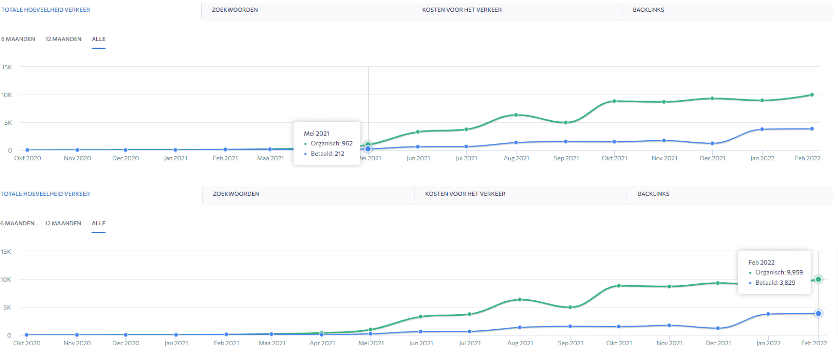
“Working with Super SEO is always a joy. Since day 1 we’ve had a good back and forth with the team, and the results have been to our liking. They think about what we need to grow within our industry and offer a broader perspective on SEO and content marketing as a whole. The best partnerships are those where you learn from each other, and that’s definitely the case with Jan and his team. Our monthly meetups offer us great perspective on our growth and feel like talking to a friend.”
Loïc Thaler, Project and casting manager at VoiceProductions
What are the things you wish someone told you when you first started? Why are they crucial and what made you realize that?
Trying to do it all alone was my biggest mistake. When I started, I thought I could do everything—design, writing, technical work—you name it. I took on all the roles, believing that being a jack of all trades was the way to succeed. As an entrepreneur, it’s tempting to wear all the hats, but it quickly became clear that I was spreading myself too thin.
I learned that SEO is multi-faceted. It’s not just about keywords or rankings; it’s about creating a seamless user experience. This realization made me understand the importance of building a solid team. Collaborating with content creators, developers, and marketers didn’t just lighten my load; it accelerated my success.
Another big lesson was the need for clear goals. In the beginning, I chased rankings blindly, thinking that more traffic meant success. And sure, I got a lot of visitors to my shop, but there were no sales. The problem? I didn’t align my SEO strategy with my business objectives. It’s not just about driving traffic; it’s about attracting the right visitors. Understanding their needs and intentions is key.
Even the clients from my early days often didn’t know what their goals were, nor did they have any understanding of SEO. This frequently meant that I had to set the direction and establish objectives. However, with the hundred euro budgets available back then, you simply couldn’t go very far. SEO requires a significant amount of time, and it generally takes at least three months for a site to truly gain traction.
The self-employed entrepreneurs and small businesses from back then have now been replaced by companies that operate internationally, with revenues reaching tens of millions. This is, of course, a completely different playing field, especially regarding budgets. However, my SEO game itself hasn’t changed that much. Just the scale of it.
These lessons taught me that success in SEO and business requires focus, a strong team, and a clear strategy. You can’t do it all, but you definitely can’t do it without a plan.
Are there things that you wish you had done sooner in terms of growth? How did they impact your revenue, and how can people apply them immediately?
If there’s one thing I wish I had done sooner, it’s hiring the right people or outsourcing specific tasks to freelancers. It might seem obvious, but it’s crucial. By doing this, I could focus on what I’m really good at, instead of juggling tasks I didn’t enjoy or wasn’t satisfied with. It saved me from the frustration of spending time on things that didn’t meet my standards. I barely paid myself enough each month to cover the bills. I always told my wife, “Our time will come. I need to build this company first.”. And that’s exactly what happened – thanks to a great team, we have doubled our revenue every year for the last 4 years.
Having a solid team also made scaling much easier. I prefer working with my in-house team here at the office. We set the bar high—our briefings are often longer than the blogs themselves, and many drafts get revised until they’re perfect. This level of precision is what drives real results and fuels our rapid growth.
Taking the time to train your team and immerse them in your processes and mindset is something you should do right away, especially if you’re transitioning from freelancer to agency. It ensures consistency and quality, setting the foundation for long-term success. So, don’t wait—invest in building a team that shares your vision. It will not only impact your revenue but also your ability to grow quickly and sustainably.
What new features or updates are you planning to introduce, and what other trends or technologies are you keeping an eye on? What challenges or opportunities will they bring to people in your industry?
AI and Large Language Models (LLMs) are the hot topics right now. They’ve definitely made our work more efficient—briefing processes, for example, are much faster. But let’s be honest: the quality still has a long way to go before it can match my copywriters. We’re far from the point where AI can fully replace human touch in content creation.
The reality is that technology is developing at lightning speed, and we have to stay on top of these advancements to maximize the benefits for our clients. As AI evolves, more tools are being released to make our work easier. However, will they replace us entirely? Not anytime soon, I think.
Search engines are hunting for ways to filter quality content from AI-generated noise. It’s like fishing: you’re always trying to catch that one unique fish that stands out from the others. In our field, it’s the same. If AI automates SEO to the point where everyone can do it, then the real results will come from new methods and strategies that set us apart.
The challenge—and opportunity—lies in adapting to these changes while constantly finding innovative ways to stand out. AI might streamline certain tasks, but creativity, strategy, and a human touch will always be what delivers results. You have to outsmart the system, time and time again.
If there was one unconventional piece of advice you wish our readers could bring home from this interview, what would it be?
Talk to Your Competitors. Most people see competitors as rivals to be avoided or outsmarted. But what if, instead of viewing them as threats, you saw them as potential allies? In reality, your competitors understand the market just as well as you do, maybe even better. They face the same challenges, navigate the same industry shifts, and deal with the same types of clients. Engaging with them can lead to valuable insights and unexpected opportunities.
Reaching out to competitors isn’t about revealing trade secrets or giving away your edge; it’s about building a network of peers. A simple conversation can highlight market gaps you both overlooked. Maybe they specialize in an area where you don’t, and vice versa. By acknowledging each other’s strengths, there’s potential for collaboration rather than conflict.
For example, if a client comes to you with a request outside of your expertise, why not refer them to a competitor you trust? They might return the favor down the line, or even involve you in a project that plays to your strengths. Additionally, understanding how others in your space tackle common challenges can inspire new strategies for your own business.
In some cases, these conversations can even lead to strategic partnerships. Maybe you join forces to tackle a larger market segment or to co-create a product or service. By talking to your competitors, you’re not just “keeping an eye on the competition”; you’re expanding your circle of knowledge and influence. The willingness to engage and collaborate can set you apart in an industry where most are focused solely on competition.
Ultimately, this mindset shift transforms the market from a battlefield into a network of connections. By daring to communicate openly with competitors, you tap into a deeper level of industry insight and create opportunities for growth that many businesses overlook.
How can our readers connect with you?
LinkedIn: https://www.linkedin.com/in/janboersmafraneker/
